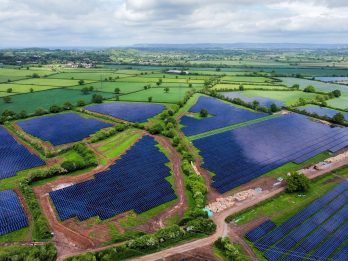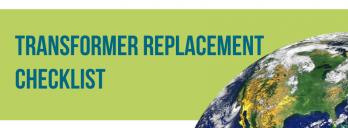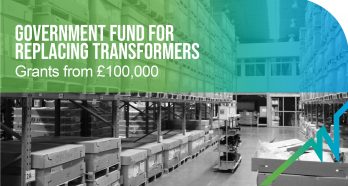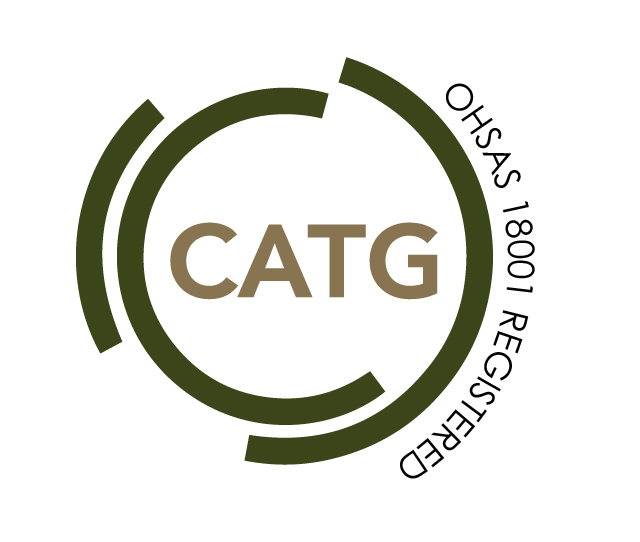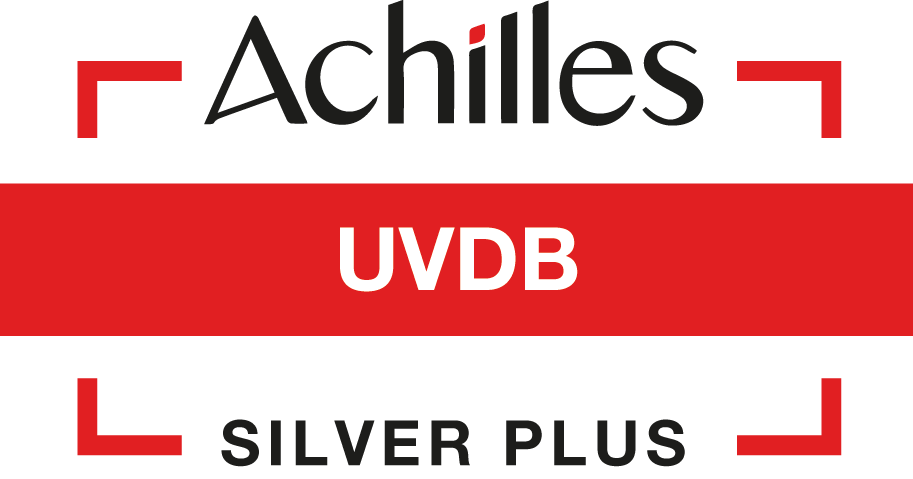How Can Your Business Save Energy in 2019?

As we’ve already seen in 2018, many businesses are making the switch to become more eco-friendly and energy efficient. This is largely due to the energy trilemma many organisations are now facing. Some are transforming their entire operation, revolutionising their approach and investing millions of pounds, whilst others are making a more conscious effort to save energy by doing the basics.
No matter the size of your business, you could save energy and money by making the most menial of changes.
Energy Audit
Before you attempt any drastic ideas, it’d be worthwhile to carry out an energy audit on your premises or operation. By taking regular readings and keeping on top of your energy consumption, you will quickly learn where your wastage is. Having identified these areas, you can now consider how potential savings could be made.
Lighting
Most energy audits highlight lighting as an area for improvement. Replacing your bulbs to more energy efficient lamps would mean less time spent replacing them as well as up to 80% less energy consumed. The installation of motion sensors, to only use light as and when you need it, is worthwhile too. The most obvious way to save energy on lighting is to maximise the use of natural light. Opening blinds, doors or adding skylights can save you the need to turn a light on.
Climate Control
Managing your climate can be tricky, especially as each individual has their own temperature preference. However, basics such as keeping windows and doors closed whilst operating air conditioning will make the process more efficient. Programmable thermostats are also a way of controlling the temperature to reduce energy usage.
Technology
Updating and replacing old machinery and equipment may seem like a financial strain, however, in the long run, you’ll be better equipped with smarter, better built bits of technology which are much more energy efficient. This includes the likes of fridges and boilers which can often be forgotten about.
If you’re looking to evolve on a grander scale through utilaisation of the latest technologies, microgeneration may be an option. Producing your own energy will keep bills down and reduce your businesses carbon footprint. Solar photovoltaic panels are a great source of renewable energy and a fantastic way of generating electricity. Wind turbines and hydro systems can also produce electricity in a sustainable manner. To produce heat sustainably, you may look to solar thermal hot water, ground source heat pumps, air source heat pumps or biomass.
How can bigger businesses do more to save energy?
First and foremost, it’s important to understand a little bit more about your energy supply, more so than just your gas and electricity supplier. Although these are the people who send you your bills, they all rely on four very different types of companies to keep their power flowing. These are known as Distribution Network Operators (DNO).
What is a Distribution Network Operator?
Together, DNOs make up the UK power network. And you could look upon it like this:
Generation: power plant ownership and operation
Transmission: operate high voltage transmission networks
Distribution: operate local distribution via towers, cables and meters
Suppliers: electricity sellers like the Big Six
The company that is responsible for the distribution of electricity from the national transmission grid to your business is the Distribution Network Operator. Together, you could discover new ways to generate and provide energy at a more economical level.
Wilson Power Solutions – Energy Distributors
As one of the UK’s leading independent transformer manufacturers, Wilson Power Solutions deliver expertly engineered power distribution solutions for organisations across a wide range of sectors.
Having already made over 750 installations across 600 locations in the UK, we have found that our innovative range of power transformers, distribution transformers, amorphous transformers and battery chargers, have helped each business save both energy and money.
Our personal and professional service has become trusted by some of the UK’s largest organisations. Furthermore, we take a responsible interest in the environmental impact of our business activities. Our products and services are designed to contribute to the improvement of our customers’ power distribution systems whilst reducing unnecessary energy wastage wherever possible.
 18 Jan 2019
18 Jan 2019IETF: Industrial Energy Transformation Fund – Phase 3
Industrial emissions account for around 18% of UK emissions. To reach the Net Zero target in 2050, industrial emissions need to fall by around 90% from today’s levels. Industrial Energy Transformation Fund (IETF) launched Phase 3 of industrial grants on Monday 29 January 2024, with the closing date on Friday 19 April 2024, and aims […]
 23 Feb 2024
23 Feb 2024Guide to Replacing Transformers
The third part of the Intergovernmental Panel on Climate Change (IPCC) Sixth Assessment Report (AR6) was published earlier this month. Scientists warn that limiting global warming to 1.5°C is beyond reach but restricting temperature rise to no more than 1.5C to 2C could be the range that will minimize the likelihood of reaching critical environmental […]
 22 Apr 2022
22 Apr 2022IETF: Industrial Energy Transformation Fund FAQ
The Industrial Energy Transformation Fund (IETF) was designed by the UK government to encourage energy-intensive businesses to cut their carbon emissions and reduce their energy waste by switching to energy-efficient low-carbon technologies. A budget of £315 million was allocated by the government to be spent through the IETF. BEIS manages England, Wales and North Ireland’s […]
 4 Apr 2022
4 Apr 2022
